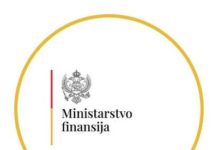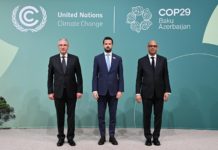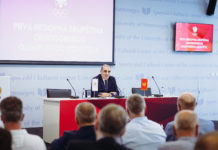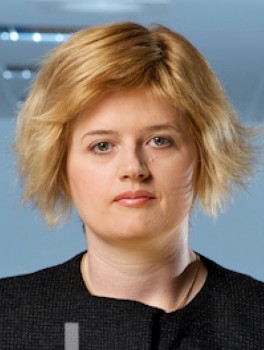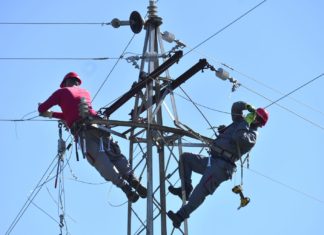Podgorica, (MINA) – Montenegrin citizens, despite low level of media literacy, notice methods of open manipulation used by media when reporting on the topics of public interests, said professor of the Political Science Faculty Natasa Ruzic.
In an interview to Mina, she said that the citizens are aware that media outlets are under political and economic pressures, which are above all visible in their editorial policies.
Commenting on the data from CEMI survey, according to which there are two times more citizens who believe that media depend on political and economic influences than those who believe that media are reporting freely, Ruzic said that it confirms that the citizens objectively assess the situation in the Montenegrin media market.
“If the citizens are forced to gather information from several sources in order to have a general image of some event, it is clear that we cannot speak about free media”, Ruzic said.
According to her, it automatically means that media breach professional and ethical standards.
Asked in which manner possible limiting of media freedoms could affect media literacy of general population, Ruzic answered that in that case the citizens would not have access to relevant information and thus one fundamental right- right to information, would be violated.
“Low quality media are the result of political, economic pressures, but also the media illiterate society”, said Ruzic.
She explained that political influence is visible through media framing, agenda setting and advertorials.
According to Ruzic, advertorials show huge economic impact, since those are the advertisements packed in the form of informative contents, although, she stressed, some media outlets started openly indicating promo contents, which is commendable.
“Modern media outlets do not live of advertising anymore, but of crowdfunding, and projects and public contributions, and the public will not support a media it does not trust”, she warned.
Asked if there were free media in Montenegro, Ruzic said that independent media and fee media do not exist anywhere in the world, except in Scandinavian countries.
Ruzic said that in the countries of Eastern and South East Europe the distance from communist media system was made, and private media were established, but the level of media freedoms was not increased.
“The form is satisfied but not the essence. The journalists are in the worst position since they are the weakest link in media chain, and it is all the same to them if they are pressured by the state or the owner with political ambitions”, she added.Longer version of article is available on a link MINA ENGLISH SERVIS



